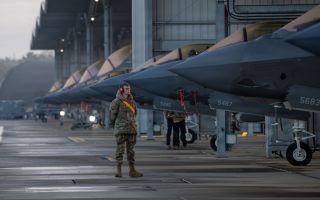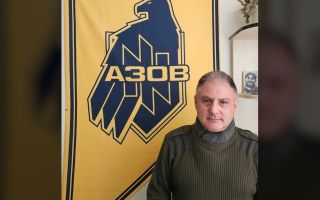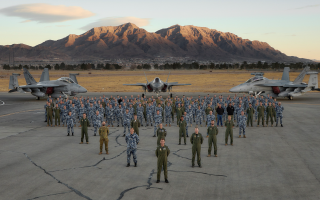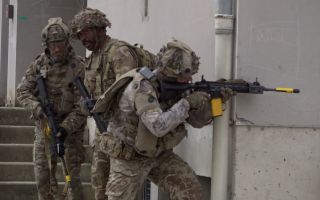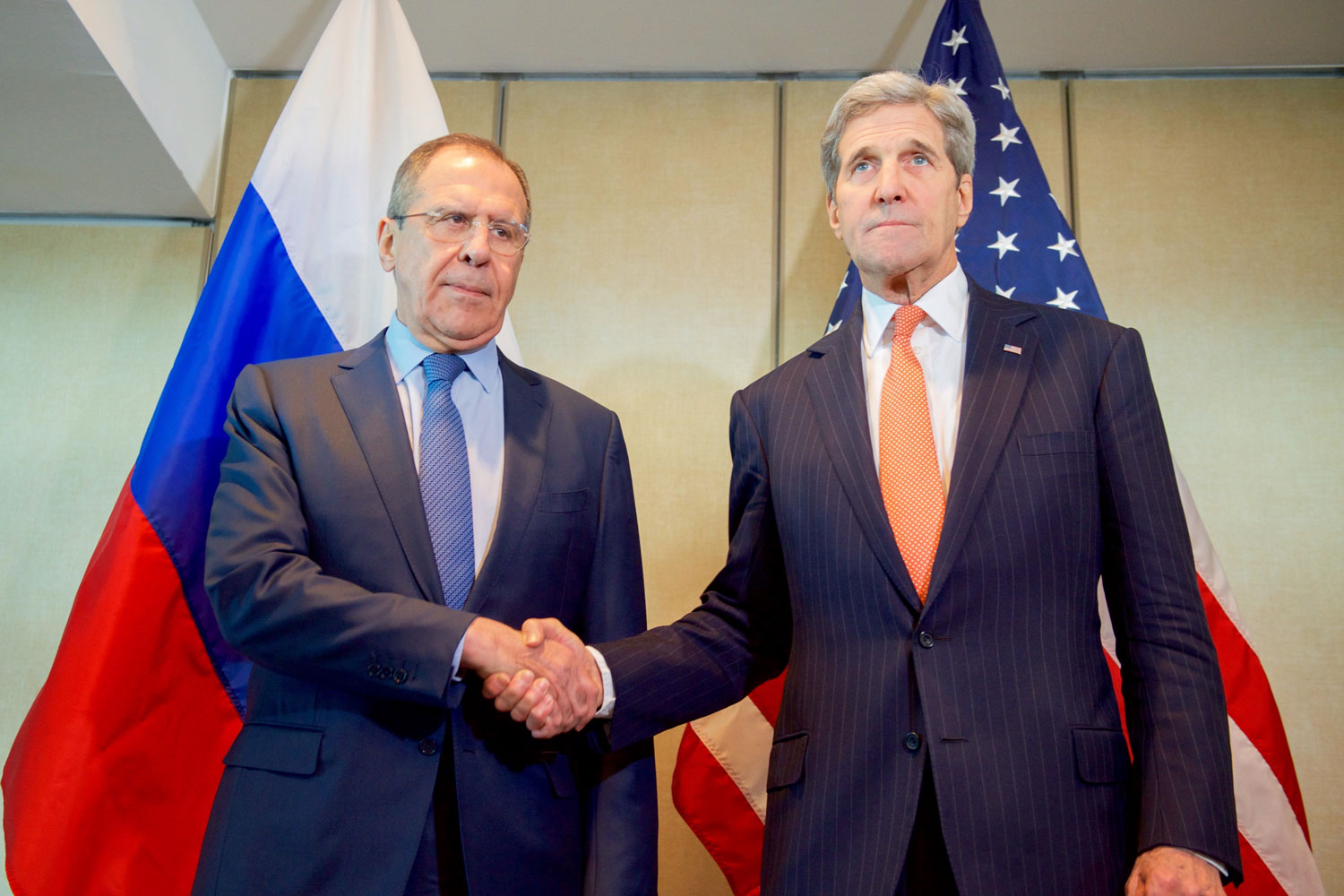
Tri-Service
World Powers Work Towards Syria Ceasefire

A plan to begin a temporary ceasefire in Syria within a week is an "important step" towards ending the civil war in the country, Foreign Secretary Philip Hammond has said.
Diplomats meeting at a summit in Munich agreed to seek a "nationwide cessation of hostilities" between Syrian government forces and rebel groups, US secretary of state John Kerry announced.
But it would not apply to extremist groups Daesh and al-Nusra Front, meaning airstrikes by British forces in Syria will continue.
Mr Hammond welcomed the settlement but warned it would succeed only if Russia ceased bombing moderate opposition groups.
He said: "The International Syria Support Group (ISSG) meeting in Munich committed members to achieving a cessation of hostilities within a week, to delivering humanitarian assistance to named besieged communities by this weekend and to facilitating rapid progress in negotiations aimed at political transition.
"If implemented fully and properly by every ISSG member, this will be an important step towards relieving the killing and suffering in Syria. But it will only succeed if there is a major change of behaviour by the Syrian regime and its supporters."
"Russia, in particular, claims to be attacking terrorist groups and yet consistently bombs non-extremist groups including civilians. If this agreement is to work, this bombing will have to stop: no cessation of hostilities will last if moderate opposition groups continue to be targeted."
The agreement by world powers, including Russia, is the latest twist in a conflict which has killed an estimated quarter of a million people and displaced millions of refugees, many of whom have headed for Europe.
It comes after the US dismissed a proposal by Russia for a March 1 ceasefire in Syria, saying Moscow was giving itself and the Syrian government a three-week window to try to crush moderate rebel groups.
British jets have been involved in bombing runs against Daesh, which has captured large swathes of the country as the conflict between Assad's government and moderate opposition groups continued to rage.
RAF Typhoon and Tornado aircraft, alongside Reaper drones, have carried out 585 successful airstrikes and flown in more than 2,000 combat missions against Daesh.
Russian foreign minister Sergey Lavrov said Russian airstrikes against terrorist groups would continue and again denied there had been strikes against civilians in rebel-held areas.
Mr Kerry said the proposed truce would depend on "whether or not all the parties honour those commitments and implement them".
He described it as a "pause" in the long-running conflict but added a long-term solution depended on the Syrian government led by Bashar Assad and opposition groups engaging in "genuine negotiation" about the way forward.
He said: "We are doing everything in our power diplomatically to bring an end to this conflict. The ISSG is engaged actively in the implementation of the ceasefire.
"This is still a complicated conflict, with increasing levels of violence, increasing numbers of terrorists."
The world powers agreed to "accelerate and expand" the delivery of humanitarian aid to civilians in seven besieged areas of the country and work towards a "Syrian-led" political transition.
Mr Kerry admitted difference remained over the role Assad would play in Syria's future but stressed the need for further diplomacy, saying: "We have to be at the table to do that."
Shadow foreign secretary Hilary Benn said: "Far too many lives have already been lost in Syria and a ceasefire is urgently needed to put an end to the bloodshed and bring in humanitarian aid.
"This announcement is a welcome step forward but the test will be whether it actually happens on the ground and if it includes an end to Russia's bombing of the Syrian moderate opposition."




